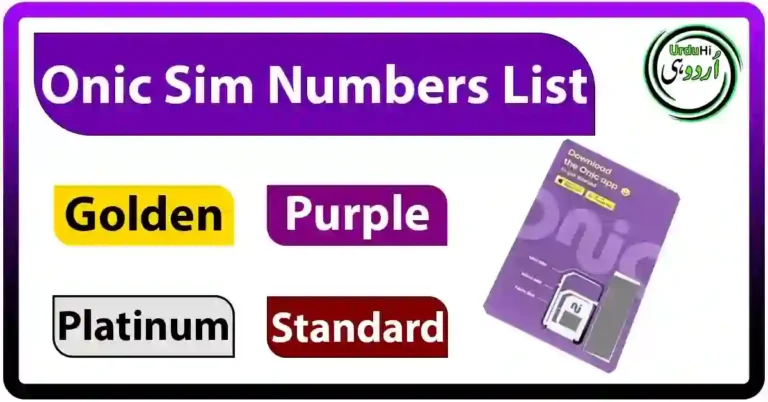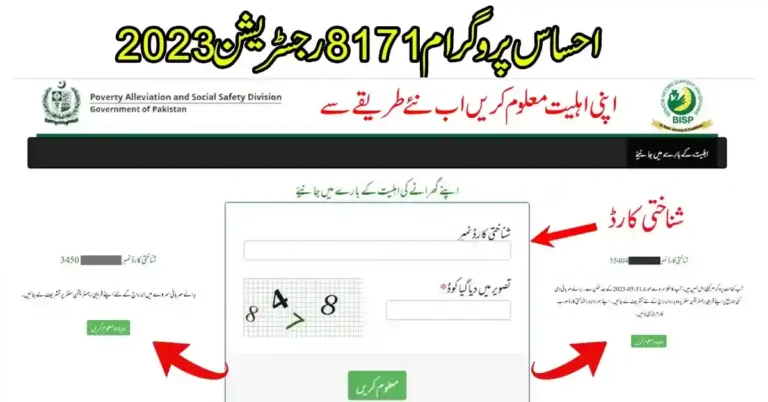How Information and Tech Tools Reflect India’s Pursuit of Prosperity

Prosperity in today’s India looks practical: fewer wasted taps, quicker answers, cleaner handoffs between work, payments, and play. People weigh signal strength, battery, and data caps the way past generations checked cash in a wallet. In the same hour, the same phone can run UPI for a chai stand, pull a warehouse ETA, and stream a final over. That flow is information turned into action – real time, low friction, widely shared. The mindset behind it is simple: “Make each minute pay.”
Sport shows this rhythm clearly. Fans want one place to track form, fixtures, and live swings without chaos. During kabaddi nights, the second paragraph in every smart routine is the “where” of timely, relevant perks – one tap, clear terms, no hunting through pop-ups. For that, many regulars keep kabaddi bonus parimatch bookmarked. It fits the habit: check the slate, read the small print, decide if tonight’s offer suits your plan, then get back to the match.
Fast data, faster choices: the prosperity loop
When data is cheap and tools are tidy, people move from guessing to testing. A street vendor checks hyperlocal rain alerts before buying greens; a college gamer toggles low-data mode at 7 p.m. when towers run hot; a bettor watches a raid pattern for two possessions before acting. Each micro-decision trims waste. Over a week, that looks like prosperity – not lottery luck, but steady margins. Tech helps by shrinking the gap between “I think” and “I know”: cleaner score feeds, clear settlement flows, instant payments, and dashboards that load even on a shaky bar. The common trait is discipline: short rules that outlast noise, because noise is what steals time and money.
Guardrails that keep pace sustainable
One plan, one cap. Fix a daily budget and stop at the line; read-only after that.
Two beats rule. After a goal, wicket, or raid swing, wait two beats; act only if the picture holds.
Signal check first. On weak towers, choose text feeds and low-data modes; never rush on a spinning loader.
UPI hygiene. One wallet for leisure, alerts on; no “top-ups from savings” after midnight.
Short blocks. Two to four matches, then a break; review notes, not emotions.
These small rules don’t slow you down; they speed you up by removing bad options. They also reflect a wider Indian habit: respect for constraints. When you treat battery, data, and attention as finite, you end more nights with energy – and money – left.
The light tech stack that helps you think clearly
Prosperity favors tools that disappear into the background. Smart alerts beat noisy ones: only big shifts should wake the screen (confirmed injury, lineup change, all-out). Interfaces need large text, obvious buttons, and modes that survive one bar of signal; a lean feed is worth more than glossy flourishes. UPI should feel boring – in the best way – so moving small amounts in and out of a leisure pocket is quick, traceable, and separate from rent or fees. Finally, power management matters: dark mode, capped brightness, and a pre-match charge keep decision windows calm in the last overs or final raids. When the stack is quiet, judgment gets louder.
A wider map of prosperity
India’s pursuit of prosperity is a story of many small upgrades: fiber into alleyways, cheap 5G in budget phones, digital IDs that unlock payments, and vernacular content that speaks like the neighborhood. Sport sits inside that story because it teaches timing, restraint, and shared ritual. The same choices that make a better match night – filtered alerts, clear rules, tidy money – also make better mornings. They protect your time, preserve your attention, and keep the week on track.
Tech will keep getting faster; the winning move is to make your habits steadier. Put information where you can use it, choose tools that respect your limits, and treat offers as options, not orders. Do that, and prosperity looks less like a jackpot and more like a rhythm – a pace you can keep, match after match, season after season.






